ATTENTION
The Mpox vaccine is FREE and available in Aotearoa New Zealand now - For more info click here: Mpox vaccines
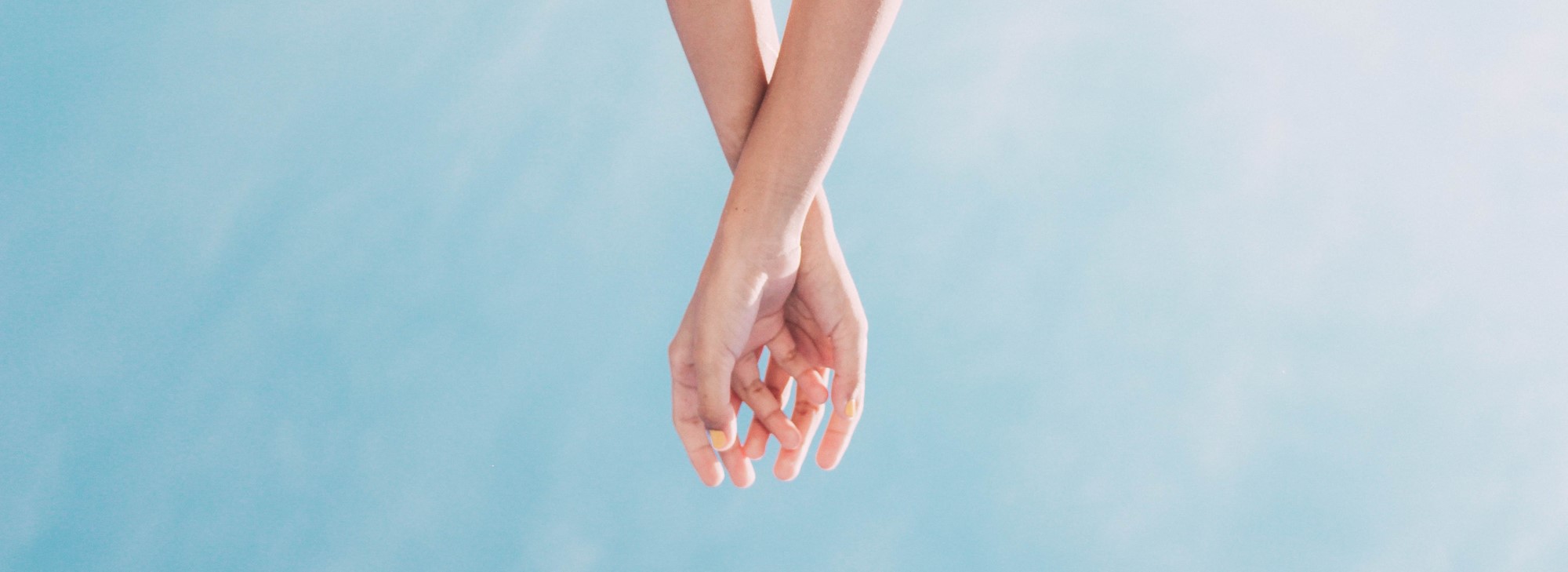
Our Commitments
In the spirit of Tika (integrity), Burnett Foundation Aotearoa is proud to share our key commitments. These commitments ensure that we hold ourselves accountable so that no one is left behind in our efforts to prevent transmission, reduce stigma, and maximise the wellbeing of those living with, and most affected by, HIV. This is a living page that will continue to be updated and evolve.
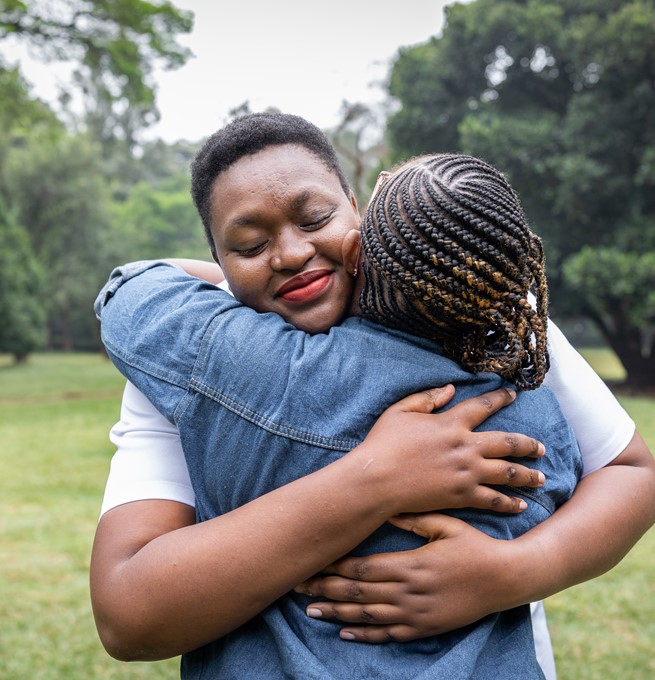
Meaningful Involvement of People Living with HIV (MIPA)
Since the beginning of the HIV and AIDS epidemic, people living with HIV and AIDS have been at the forefront of the response. This is especially pertinent for us, as Bruce Burnett – one of our co-founders and our organisation’s namesake – was living with HIV and was one of the first AIDS pioneers in Aotearoa. HIV remains at the centre of our organisation and our trust deed reflects this, with our primary objectives being to prevent the transmission of HIV and support the physical and mental wellbeing of people living and affected by HIV in Aotearoa New Zealand.
As the HIV sector has grown, best practice standards have been developed to ensure that people living with, and affected by, HIV remain at the core of the design, implementation, monitoring and review of HIV prevention, treatment, and support programmes. These standards are known as the MIPA Principles.
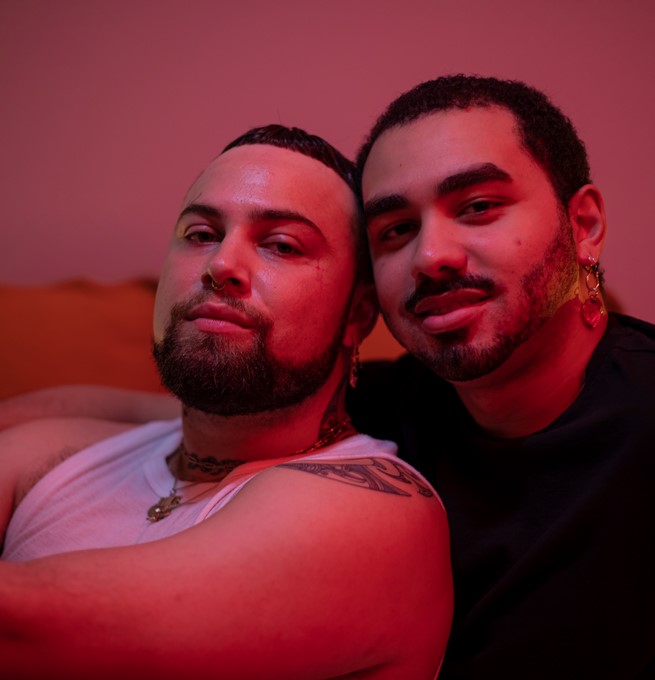
Rautaki Māori
Burnett Foundation Aotearoa acknowledges the significant impact of colonisation on Māori. Our Board has made a commitment to respecting our country’s bicultural heritage and Te Tiriti o Waitangi in our trust deed. We are now working hard to build capability and capacity to engage better with Māori and to critique our practices and adapt accordingly.
We have recently partnered with Maurea Consulting to develop Rautaki Māori – our Māori strategy. In this process, we consulted with a number of whānau Māori. Burnett Foundation Aotearoa is committed to moving together with Māori to deliver great health outcomes, through partnership, active protection, meaningful participation, and mana ōrite (equity), enabling tino rangatiratanga (self-determination), and underpinned by Te Tiriti o Waitangi.
Through this Rautaki Māori we aim to achieve this, with key actions set out for the first year, five years, and 10 years through to 20 years ahead.
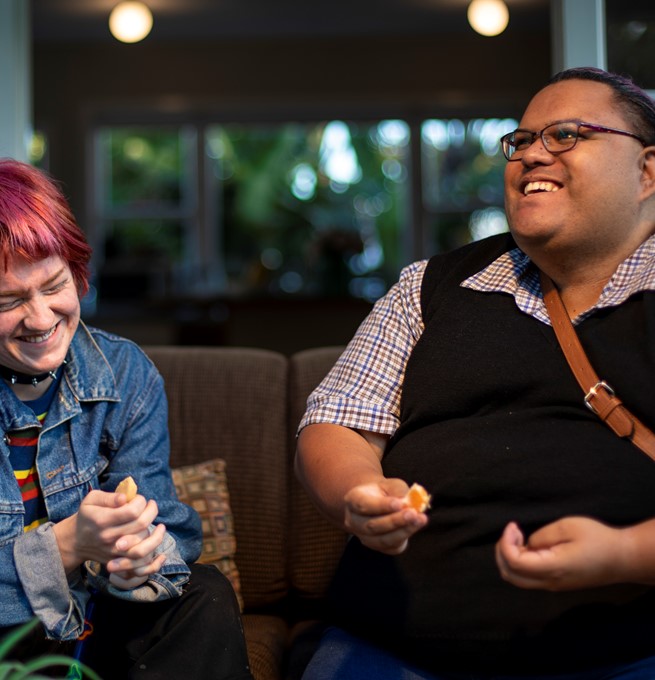
Transgender and non-binary communities
Burnett Foundation Aotearoa recognises that transgender and non-binary folk were not only instrumental in the gay liberation movement which benefits many in the communities we serve, but have also been globally under-represented in the HIV and AIDS public health response.
In 2020, we comissioned a report to analyse the ways in which we engage with transgender and non-binary people at risk of acquiring HIV in our mahi. This resulted in the following recommendations to ensure we are more responsive to the needs and diversity of trans and non-binary communities:
- Invest in appropriate staff training and development
- Improve service design and delivery
- Develop appropriate sexual health resources
- Invest in research to better understand trans and non-binary health needs
- Implement bespoke sexual health clinic services
- Acknowledge and respond to the diversity of trans identities and experiences
As a result, we have and continue to take steps to address these recommendations. In particular, we are committed to providing quality HIV and STI testing services for transgender and non-binary people at risk of acquiring HIV, and ensuring appropriate HIV prevention and support messaging for trans and non-binary people is developed.
We’re also committed to ensuring that transgender and non-binary people see themselves in our marketing campaigns and feel safe accessing services and engaging with our organisation, both as clients and as staff.
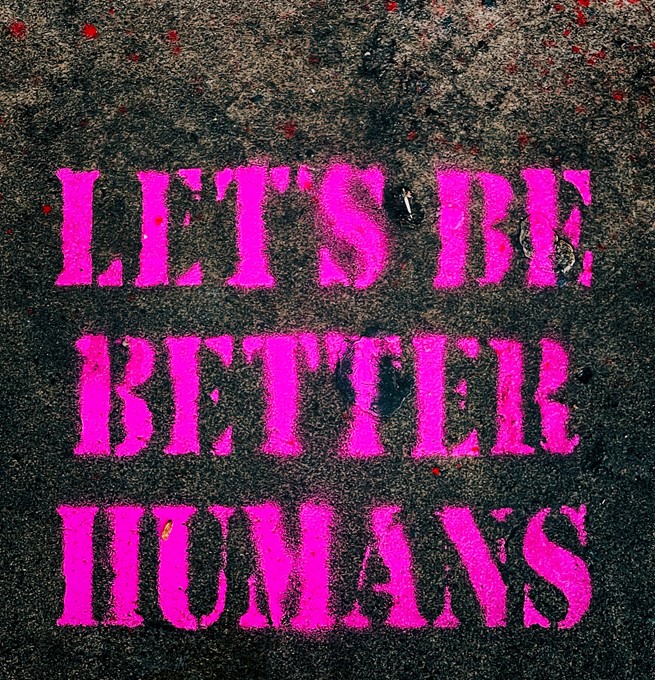
Environmental Sustainability
Burnett Foundation Aotearoa recognises that climate change will directly and indirectly impact on the health of our communities and is an important consideration in a public health response.
In 2021, we launched our first 3-year Environmental Sustainability Action Plan, developed with input from sustainability experts, staff, clients and stakeholders. This includes a focus on:
- Leading and inspiring our staff to become advocates
- Reducing our carbon footprint
- Reducing waste

Upholding the Rights of Sex Workers
We are proud that Aotearoa was the first country in the world to decriminalise sex work. We acknowledge the leadership of organisations like NZPC | Aotearoa New Zealand Sex Workers’ Collective in creating a safer environment for sex workers in Aotearoa.
Decriminalisation has been foundational to protecting the health and rights of sex workers and has enabled the establishment of community-based sexual health education. Such healthy policies around sex work support the provision of testing services within the community and help improve the population coverage of effective HIV prevention. Ultimately, this has contributed to the low HIV prevalence among sex workers in Aotearoa, especially when compared to other countries.
Burnett Foundation Aotearoa recognises that stigma and discrimination have no place in our HIV response. We are committed to supporting policies and programmes that enhance the mana of sex workers and enable access to timely, respectful, and culturally appropriate health care.
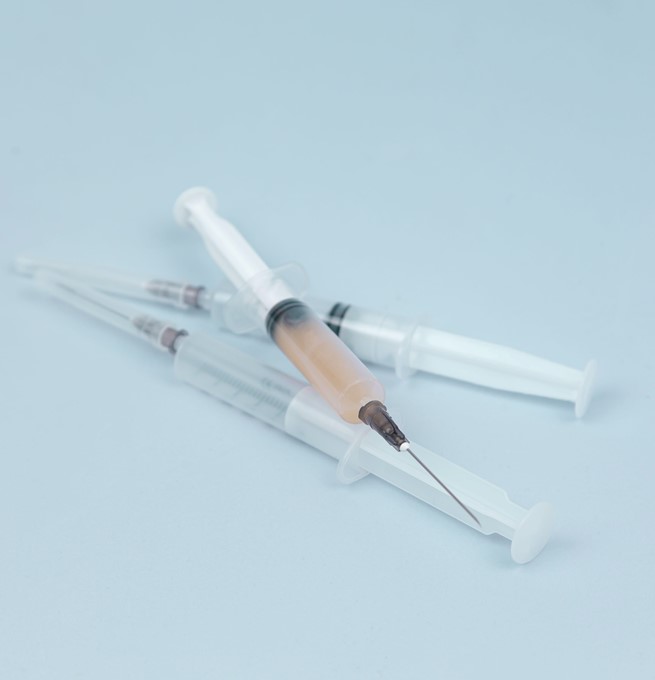
Harm Reduction Approach to Injecting Drugs
We are proud that Aotearoa was the first country in the world to introduce a national, government-funded Needle Exchange Programme. These initiatives give people who inject drugs a safe way to access and dispose of needles and syringes. The early implementation of such programmes has been instrumental to the prevention of HIV transmission in Aotearoa.
We recognise that practices that involve needle and other equipment sharing carry the risk of transmission of blood-borne infections. However, we know that these risks can be effectively eliminated by creating safe conditions for injecting substance use.
Burnett Foundation Aotearoa is committed to a harm reduction approach in all our work. We believe that this approach maximises the health and wellbeing of people who inject drugs and limits the broader social and economic consequences of recreational drug use. This commitment enables us to provide effective health promotion and improve access to prevention, testing, treatment, and support for our communities.

